Restful Recovery: How Tracking Your Sleep Can Benefit Your Recovery from Alcoholism.
There are lots of different metrics we can use to monitor our wellbeing. One way to take stock of your overall health, for example, is to ask and answer a simple question; “how am I feeling today?”. Over the years, people have developed innovative ways to get quantitative answers to questions about our wellbeing. Your sleep quality, in particular, is one construct that can be tracked using several different techniques; wearable gadgets, bedside devices and bed sensors all collect information about our movement to get a sense of just how well you sleep at night. Why does this matter? How does monitoring your sleep affect your wellbeing?
Rest is Crucial. Here’s Why:
We’ve all heard about the importance of getting 8 hours of sleep in. Sleep is an essential function that allows your brain and body to function properly. Improper sleep can affect your ability to think clearly, concentrate and even process memories. Unfortunately, issues with sleep are common for those of us in recovery. Drugs and alcohol can produce brain-altering effects which can last even after you have given up these substances. While using these substances, your lifestyle might have made it difficult to get restful, uninterrupted sleep; your sleep cycles may have been short, broken, and disordered. For some people, even when the substances are taken away, their sleep patterns remain disturbed. This can be a stumbling block in the recovery process because sleep is a key component in successful recovery.
Sleep for People in Recovery.
We feel better when we are well rested, and this is no different for those of us in recovery. One study found that people in recovery feel more positive emotions and less drug craving when they get enough sleep. Another study looked at people in recovery from alcohol misuse disorders; those with sleep disorders were twice more likely to relapse than those who didn’t experience any sleep issues.
So, now that we’ve established that sleep is a crucial part of recovery, it makes sense that we would want to keep track our sleeping patterns. Monitoring our sleep allows us to determine exactly how much sleep we’re getting at night, and more specifically, whether we’re getting the recommended amount of sleep at night. Importantly, sleep trackers can’t accurately identify what stage of sleep you’re in. They can make well-meaning guesses based on changes in your breathing patterns but the only way to know accurately is by measuring your brain activity. However, they are still a useful tool to use as you develop healthy sleeping habits.
How Do I Monitor My Sleep?
Sleep Apps
While it isn’t recommended to use your gadgets right before you go to bed, you can use one gadget to your advantage. Depending on your phone’s operating system, there are many sleep apps to choose from. They use your phone’s technology to detect movement; simply place your phone beside you on your mattress as you sleep, then wake up to a sleep report in the morning. You’ll be able to see how long you slept and how much you moved-about (lots of movement can be a sign that you aren’t getting enough deep sleep.
Wearable Devices
There are a few different devices available for you to put on during lights-out. Many wearable devices go on your wrist as you sleep; they collect data about your movement and heart rate. The feeling of a device on your wrist as you sleep can be uncomfortable, however. In this case, you may want to opt for a sleep-tracking ring to go on your finger instead.
Bed Sensors
These sensors measure the same things as wearable devices: movement and heart rate. The only difference is that they go under your sheets instead of on your body. Some of them even collect information about the room, like its temperature and humidity.
How Can I Work on my Sleep Quality?
Like we discussed before, these sleep trackers don’t provide much conclusive information about your sleep quality. However, there are some things you can do to promote healthy sleep patterns while you’re in recovery.
- Create a quiet, private environment for your sleep.
When it comes to bedtime, your environment plays a large role in your sleep quality. Sleeping in a private, quiet space will make it easier to fall, and stay, asleep. If you choose to start your journey of recovery at Searidge, you will have access to a private bedroom and washroom. This means you can sleep without any unwanted distractions and noise, and allow your mind and body to heal
- Make a schedule (and stick to it)
You may have struggled to maintain a routine while you used substances. Once you start your journey of recovery, it becomes extremely important to create and maintain structure in all aspects of your life and sleep is no different. Even on the weekends, you must be consistent; determine to be in bed by a certain time and awake by a certain time, while factoring in the 8-hour rule.
- Find something to relax you before bed
Many people find that reading is a relaxing way to wind down before they sleep. You could also try meditating or journaling in the moments before you head to bed.
Especially if you are new in recovery, its important to get enough sleep each night. Although disrupted sleep is often an effect of substance abuse disorders and recovery, you can improve your sleep health and overall wellbeing by first monitoring your sleep, then working to create a better relationship with sleep. If you have persistent sleep quality issues as you recover, you should discuss this with a substance abuse specialist. Please contact us to learn more about the options available to you as you recover.

